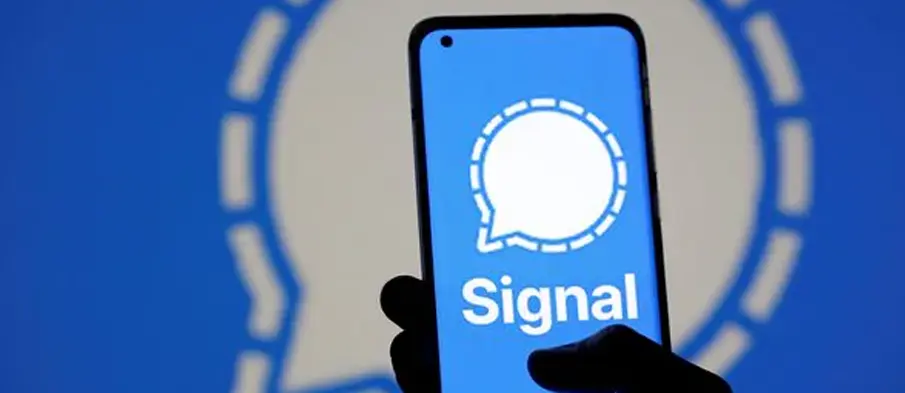
Signal, a widely recognized encrypted messaging app, is at the center of controversy following revelations that US government officials used it for highly sensitive discussions. The incident has sparked debates over the app’s security and its suitability for classified communications.
A Shocking Security Breach
In an unexpected turn of events, The Atlantic’s editor-in-chief, Jeffrey Goldberg, was mistakenly added to a Signal group chat involving top US national security officials. The group, which included Defense Secretary Pete Hegseth and other key figures from the Trump administration, reportedly discussed impending military strikes targeting Houthi locations in Yemen.
According to The Atlantic, these discussions continued for six days before Goldberg exited the chat—while other members remained unaware of his presence. This incident has raised serious concerns about whether highly confidential information, such as military operations, should be discussed on platforms like Signal.
Can Anyone Access Your Messages on Signal?
Signal is considered one of the most secure messaging apps, with end-to-end encryption enabled by default. Cybersecurity experts widely regard it as a top choice for private communication, as there are no public records of hackers successfully intercepting messages by breaking its encryption.
The app is popular among privacy advocates due to its minimal data collection policies and security features, such as allowing users to hide their phone numbers. Unlike Telegram, where encryption is not standard for all conversations, Signal ensures that all messages and calls remain encrypted by default.
In January 2025, Signal introduced a feature allowing users to transfer their chat history between Android and iOS devices or start afresh. Its encryption protocol is open-source, allowing security experts to examine its framework—this same protocol is also used by WhatsApp.
To keep up with future threats, including those posed by quantum computing, Signal has been upgrading its encryption since 2023.
If Signal is Secure, How Did the Leak Happen?
Signal’s encryption ensures that messages can only be decrypted by the intended recipient using cryptographic keys stored on their device. This means that neither Signal nor external entities, including law enforcement agencies, can access messages in transit.
However, Signal’s security is only as strong as the device it is used on. If an attacker gains access to an unlocked device, installs spyware, or deceives a user into linking their account to a malicious device, encrypted messages can still be exposed.
Additionally, human error plays a significant role. A participant in a group chat can take screenshots or share messages with others. In the recent breach, the issue arose because an unauthorized person was mistakenly added to a highly sensitive chat.
In response to the incident, Signal’s non-profit organization stated that labeling the situation as a “vulnerability” in Signal itself is inaccurate.
Does Signal Offer Complete Protection?
While Signal provides strong encryption, it does not eliminate all risks. Users are still vulnerable to phishing scams and social engineering attacks.
Recently, Google’s cybersecurity firm Mandiant reported that Russian intelligence attempted to deceive Ukrainian Signal users into revealing personal information and granting access to their accounts. However, the report did not confirm whether any accounts were successfully compromised.
To counter such threats, Signal has introduced in-app warnings and new security measures. In a statement on X, the organization said, “In order to help protect people from falling victim to sophisticated phishing attacks, Signal introduced new user flows and in-app warnings. This work has been completed for some time and is unrelated to any current events.”
Signal also emphasized its commitment to security, stating, “We also constantly monitor security@signal.org for any new reports, and we act on them with quickness while also working to protect the people who rely on us from outside threats like phishing with warnings and safeguards.”
Conclusion
The recent breach highlights that while Signal’s encryption remains robust, human error and device security play a crucial role in protecting sensitive information. As governments and organizations increasingly rely on encrypted messaging, ensuring proper security protocols and user awareness is just as vital as the encryption itself.





